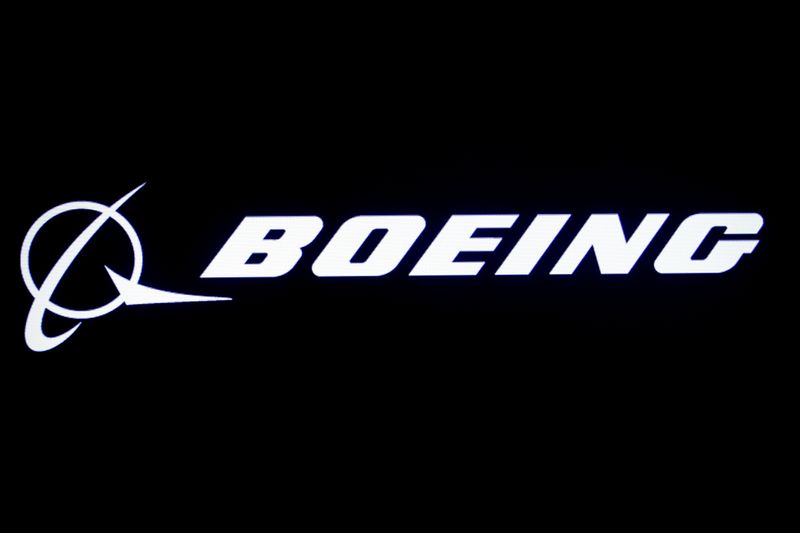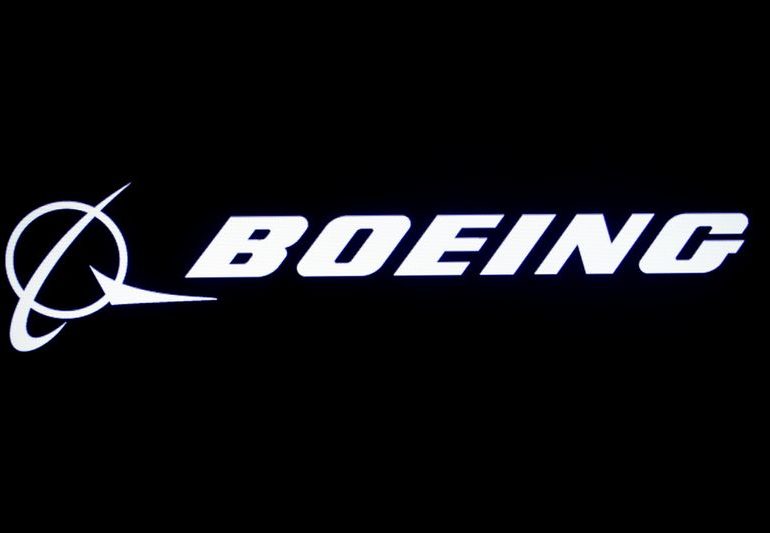 © Reuters. FILE PHOTO: The Boeing logo is displayed on a screen, at the NYSE in New York
© Reuters. FILE PHOTO: The Boeing logo is displayed on a screen, at the NYSE in New York
By David Shepardson
WASHINGTON (Reuters) – Boeing (NYSE:BA) Co on Tuesday backed first-ever fuel efficiency standards for new airplanes finalized by the Trump administration in its waning days that a dozen U.S. states have challenged as too lenient, and that President Joe Biden's administration is reviewing.
The largest U.S. planemaker asked a U.S. appeals court in Washington for approval to intervene on behalf of the Environmental Protection Agency (EPA), which is being sued over its decision to finalize the first-ever standards regulating greenhouse gas emissions from airplanes. The plaintiffs, 12 states, the District of Columbia and three environmental groups, want tougher emissions rules.
The states said last fall the EPA rule lags "existing technology by more than 10 years and would result in no GHG reductions at all compared to business-as-usual."
Airplanes have been the largest source of transportation greenhouse gas emissions not subject to rules. In 2016, the U.N. International Civil Aviation Organization (ICAO) agreed on global airplane emissions standards aimed at makers of small and large planes, including Airbus SE (OTC:EADSY) and Boeing Co , which both endorsed the rules.
Boeing noted the ICAO emissions standards effort began under former President Barack Obama's administration, in which Biden was vice president.
The planemaker argued that it is "essential" rules "be reasonably achievable, given the billions of dollars it costs to design, build, and certify new airplanes."
"Attempts to overturn regulation directly aligned with successful cooperative international efforts to combat climate change, supported by more than 190 countries, will only discourage future international agreements," Boeing said in a statement.
The EPA declined to comment on Boeing's filing.
In January, the Trump EPA said it did not expect the rule to result in emissions reductions and did not project it would "cause manufacturers to make technical improvements to their airplanes that would not have occurred" otherwise.
The Environmental Defense Fund has said the EPA’s "do-nothing rule is totally inadequate in light of the climate crisis."
The new rules apply to new-type designs as of January 2020 and to in-production airplanes or those with amended type certificates starting in 2028.
Airplanes covered by the rule account for 10% of U.S. transportation greenhouse gas emissions and 3% of total U.S. emissions.
Separately, industry group Aerospace Industries Association (AIA) in a letter released Tuesday urged the Biden Administration "to continue to prioritize multilateral solutions" on airplane emissions.
AIA also urged the Federal Aviation Administration to develop regulations to allow U.S. manufacturers to certify aircraft to the global CO2 standard. "Our industry is ready to work with the Biden Administration to improve the sustainability of air travel," AIA wrote.
Leave a comment
